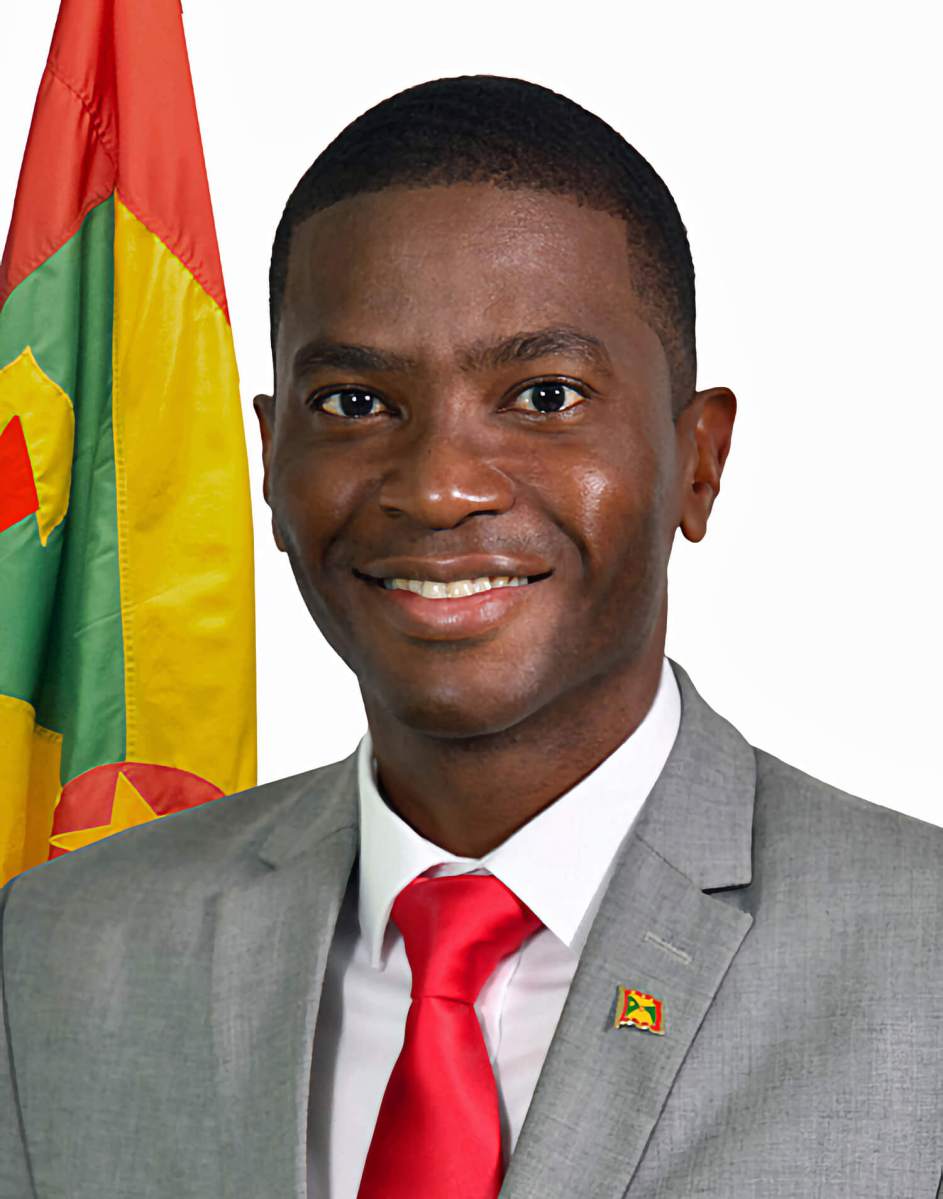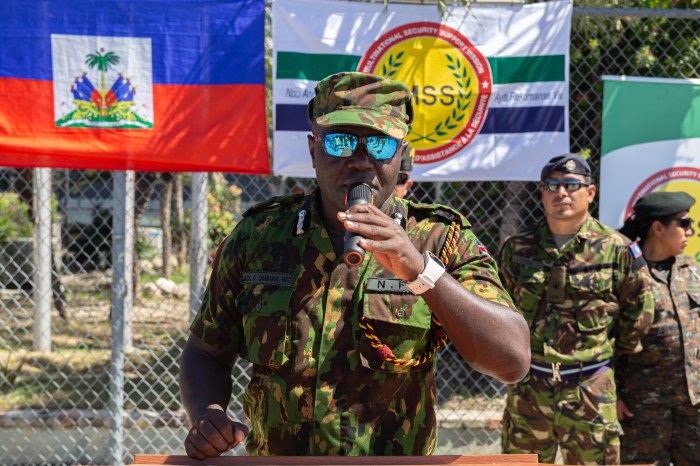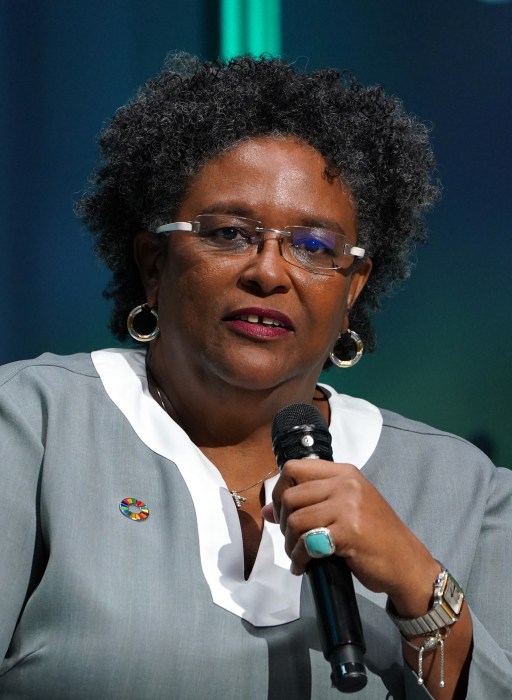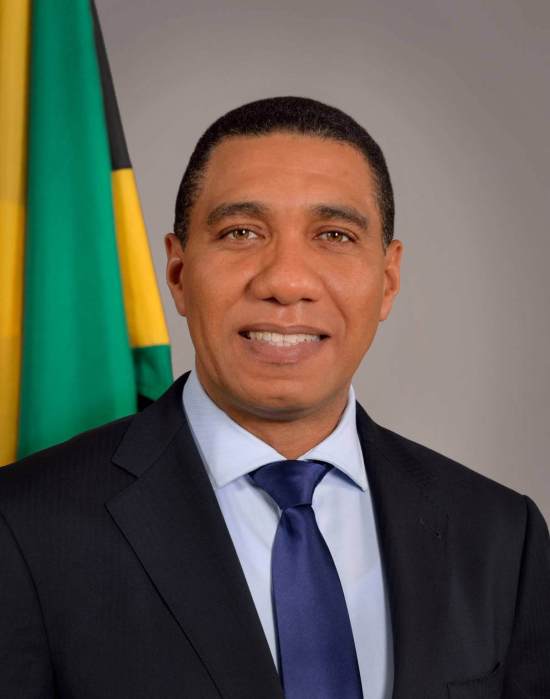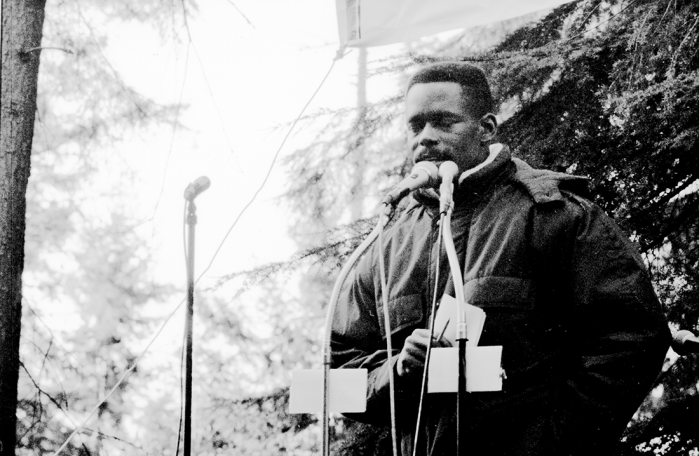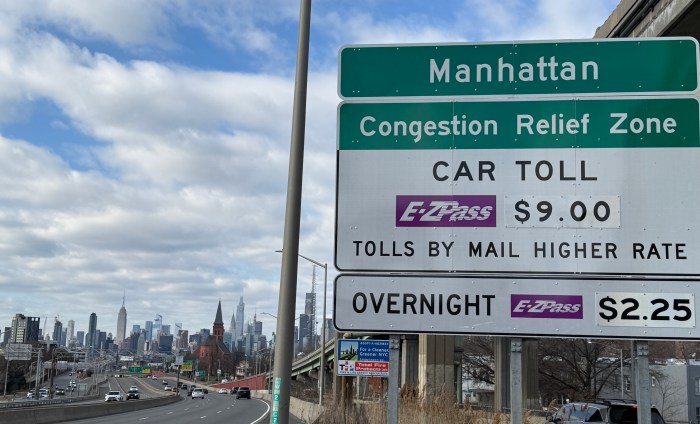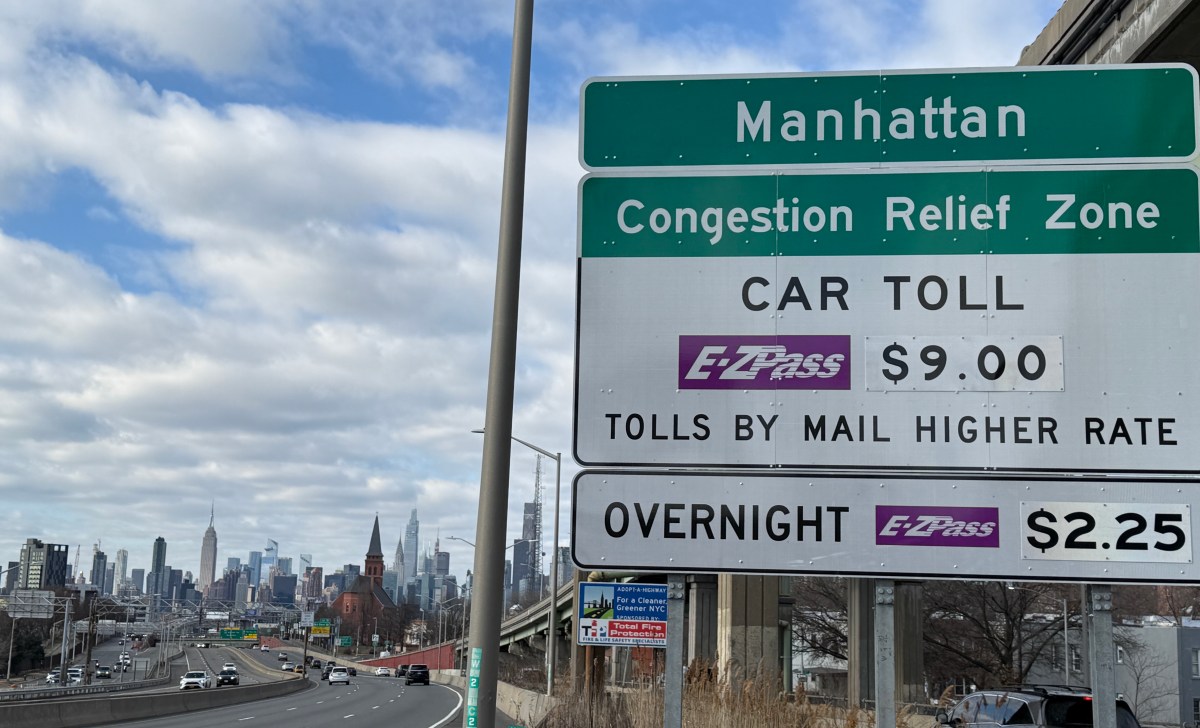If there were any doubts that Caribbean governments and the reparations movement are making progress about making former European slave owners pay for the sins of slavery, you only need to look at developments in recent weeks to be encouraged.
In late December, The Dutch government formally apologized to the world for its part in leading the transatlantic slave trade, for being among the world’s most cruel slave masters saying that the apology was only beginning of an engagement process with Caribbean and other governments.
This week, the tiny and picturesque Eastern Caribbean nation of Grenada was the venue for yet another key moment in the reparations fight when a prominent English family formally apologized for its role in the plantation movement and made a small, token donation to education and other causes on the island. Top government officials including Prime Minister Dickon Mitchell, reparations activists and other prominent citizens were present for the ceremony held at the Grenada Trade Centre Annex, Grand Anse.
The Trevelyan family had in the 18th and 19th century owned about 1,200 slaves on six plantations in three island parishes. In recent months, Laura Trevelyan, a prominent BBC News anchor and journalist, had been traveling to Grenada to explore her family’s horrid past to slavery as they were preparing the way for the apology ceremony in conjunction with the local and the umbrella regional Caribbean Reparations Commission (CRC).
“To the people of Grenada, we the undersigned write to apologize for the actions of our ancestors in holding your ancestors in slavery,” the letter stated. “Its damaging effects continue to this present day. We repudiated our ancestor’s involvement in it. We apologize to the surviving descendants of the enslaved on these estates, for the continuing impact on their daily lives, their health, and their well being,” the family said in the statement.
Seven members of the family had signed the letter. The document was handed to Mitchell who in turn handed it to the CRC which is leading the fight on behalf of the region against former slave trading nations like England, France, The Dutch, the Portuguese and others.
Laura Trevelyan also plans to donate Sterling 100,000 to the reparations committee, saying she will be able to contribute even more after she qualifies for a BBC pension at age 55. She is now 54.
For its part, the local commission described the apology and planned financial contribution as a “clarion call to other families, institutions, governments in Europe to acknowledge their wrongs, apologize and commit to repairing the harms done by their ancestors.”
It also demanded that governments up the pressure on Europe by doing “more for reparatory justice and to wage a battle until justice is won.” Reparations must also be part of the education curricula.
Monday’s events in Grenada occurred even as Barbadian authorities are engaging the prominent Drax family of England to make them own up and pay for their role as one of the earliest players in the slave and plantation system on the island. The family also had strong links to Jamaica.
Current representative and conservative British lawmaker Sir Richard Drax had already had talks with the Mia Mottley administration about possible payment of reparations and an apology.
Barbadian Ambassador to CARICOM and Deputy Head of the Local Commission, David Commissiong told the Guardian newspaper recently that the two sides are indeed engaged on the issue. Other families are also being targeted.
“It is now a matter that is before the government of Barbados. It is being dealt with at the highest level. Drax is fabulously wealthy today. The Drax family is the central family in the whole story of enslavement in Barbados. They are the architects of slavery-based sugar production. They have a deep historical responsibility. The process has only just begun and we trust that we will be able to negotiate. If that doesn’t work, there are other methods, including litigation. Other families are involved, though not as prominently as the Draxes. This reparations journey has begun. The matter is now for the cabinet of Barbados. It is in motion. It is being dealt with.”
Governments have already engaged a British law firm which had won compensation for Kenyan who were slaughtered by British colonial era soldiers to represent their case. The early verdict is that there is an extremely strong case. As well, they have asked for a formal summit with European leaders but the response has largely been lukewarm.


